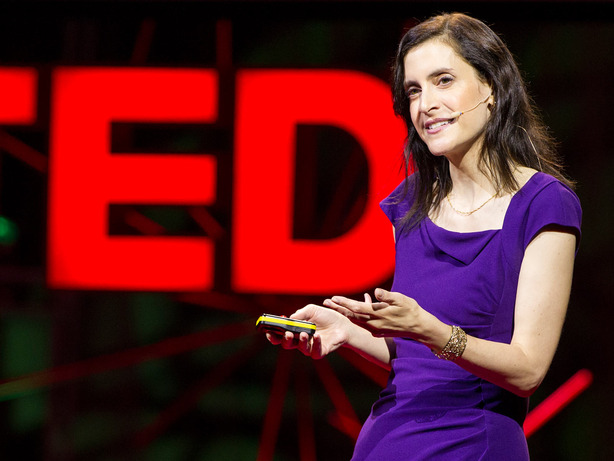I'd like you to come back with me for a moment to the 19th century, specifically to June 24, 1833.
我希望先帶你們回到19世紀,確切地說回到1833年6月24日。
The British Association for the Advancement of Science
英國科學促進協會正在劍橋大學,
is holding its third meeting at the University of Cambridge.
召開第三屆大會。
It's the first night of the meeting,
會議舉辦的第一天晚上
and a confrontation is about to take place that will change science forever.
發生了一次大討論,永久的影響了科學的發展。
An elderly, white-haired man stands up.
一個白發蒼蒼的老者站了起來,
The members of the Association are shocked to realize that it's the poet Samuel Taylor Coleridge,
與會成員驚訝的意識到,他是詩人塞繆爾·泰勒·柯勒律治,
who hadn't even left his house in years until that day.
而今天是他多年來的第一次公開露面。

They're even more shocked by what he says.
但是更讓他們震驚的是他說出來的話。
"You must stop calling yourselves natural philosophers."
“你們不應該繼續自稱為‘自然哲學家’了。”
Coleridge felt that true philosophers like himself pondered the cosmos from their armchairs.
柯勒律治認為真正的哲學家應該是像他那樣,坐在自己的靠椅上思考宇宙萬物的。
They were not mucking around in the fossil pits
哲學家是不應該在化石坑里面折騰的,
or conducting messy experiments with electrical piles like the members of the British Association.
也不應該像英國科學促進協會的會員們那樣拿著電極做些惡心的實驗。
The crowd grew angry and began to complain loudly.
人們變得憤怒并開始大聲的抱怨。
A young Cambridge scholar named William Whewell stood up and quieted the audience.
一位名叫威廉姆·胡威立的年輕劍橋學者站起來讓大家安靜了下來。
He politely agreed that an appropriate name for the members of the association did not exist.
他很禮貌的承認還沒有合適的名字來描述協會成員的身份。
"If 'philosophers' is taken to be too wide and lofty a term,"
“如果‘哲學家’一詞過于寬泛和崇高,”
he said, "then, by analogy with 'artist,' we may form 'scientist.'"
“那么,類比‘藝術家’與‘藝術’的叫法,我們可以使用‘科學家’一詞。”
This was the first time the word scientist was uttered in public, only 179 years ago.
這是‘科學家’一詞首次為公眾所知,至今不過179年。











